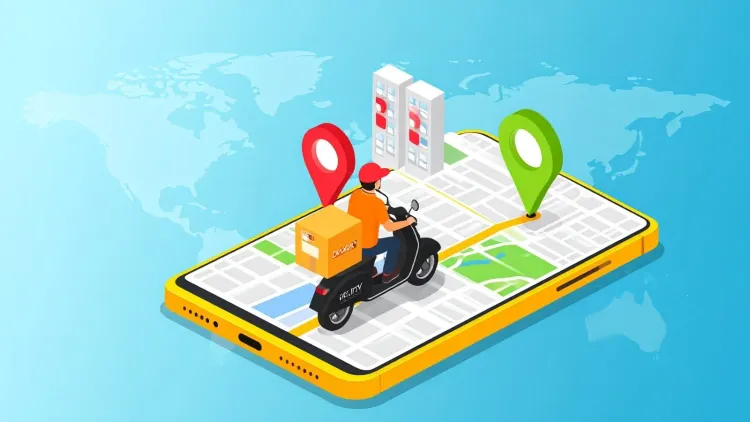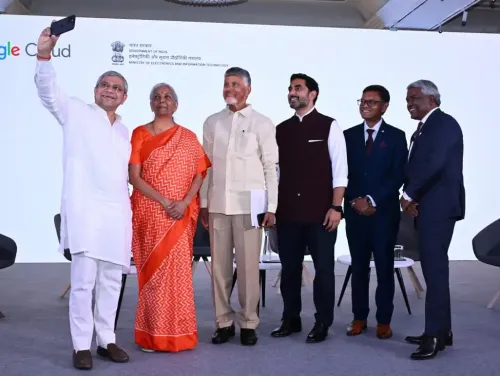Is India’s Food Delivery Market Poised for 13-14% Growth in the Coming Years?

Synopsis
Key Takeaways
- Projected growth rate of 13-14% for the food delivery market.
- Stable EBITDA margin expected to be 5%.
- Moderating competitive intensity in quick commerce.
- Focus on asset utilization and customer retention.
- Potential decrease in corporate-level costs from 5% to 2-3% percent over the next few years.
New Delhi, July 12 (NationPress) The food delivery sector in India is anticipated to experience a growth rate of 13-14 percent in the following years, accompanied by a stable EBITDA margin of 5 percent. This insight comes from a recent report, which also highlighted that the competitive intensity within quick commerce is easing, potentially propelling stock performance in the near future.
Competitive pressure in the quick commerce arena appears significantly more manageable compared to six months ago.
“While there is still an abundance of capital available for most market players, as mentioned in our previous analysis, the advantages of high cash burn are beginning to wane,” the HSBC Global Investment Research report stated.
Businesses are now likely to concentrate on enhancing the utilization of their existing assets and achieving a high retention rate of customers acquired over the last year.
“In general, we believe that growth in the near term is likely to remain robust, and profitability should gradually enhance as well,” the report further elaborated.
In recent quarters, variable costs, such as salaries for pickers and delivery partners, have risen, but “we have observed some stabilization recently in the cost trends of dark stores.”
Currently, corporate-level expenses (management and technology) account for approximately 5 percent of the gross order value (GOV), which “we anticipate could decrease to 2-3 percent within the next 4-5 years as the business scales up.”
Discussions among key investors continue to center around the valuation benchmarks for this industry.
“Given the duopoly structure of the industry and the low reinvestment rate, we believe that valuations for Zomato should align with the average of other consumer discretionary companies in India,” the report emphasized.
Most discretionary companies in India trade within an EV/EBITDA range of 15-60x. Therefore, “we apply a 40x EV/EBITDA target multiple for Zomato. The company also possesses significant tax assets, making it appear more affordable than its peer group when assessed on a price-to-earnings (PE) basis,” the HSBC report concluded.









